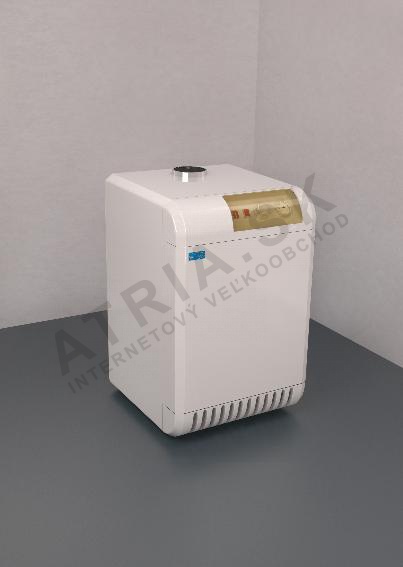stationary boiler
A stationary boiler is a device for heating or producing hot water that is permanently located in a designated place, usually in the area of the boiler room or technical room. Stationary boilers are commonly used in households, industrial plants, public buildings and other similar environments.

The main purpose of a stationary boiler is to produce heat, which is used to heat a room or to heat water for various needs. Stationary boilers can be powered by different fuels, such as solid fuel (e.g. wood, coal), liquid fuel (e.g. diesel, oil) or gaseous fuel (e.g. natural gas). Depending on the fuel that the boiler uses, there are different types of stationary boilers such as pellet boilers, oil boilers, gas boilers and so on.
Stationary boilers are designed to be reliable, efficient and safe. They have various components and systems such as combustion chamber, heat exchanger, exhaust fan, control devices and more. Current stationary boilers often use automated control systems that enable efficient control of the temperature and operating mode of the boiler.
Stationary boilers have a larger capacity and are intended for permanent operation. Due to their fixed installation, they require adequate space and proper connection to the heating system, chimney or distribution pipes.
The choice of a stationary boiler should take into account the requirements for heating or water heating in a given building, the type of fuel, available fuel sources and other factors. In some cases, it may be necessary to comply with local regulations and standards for the installation and operation of a stationary boiler.
